
What are the main technological innovation in the maritime industry for 2023?
From autonomous vessels and blockchain to big data and advanced sensors, stay ahead of the curve with the latest developments and trends shaping the future of shipping.
90% of the world’s goods are transported by sea, so it is expected that cargo gets to the right place at the right time. The estimated time of arrival is when a ship is expected to arrive at a specific destination. Delivering an accurate ETA allows for making the entire supply chain more efficient and reliable.

From autonomous vessels and blockchain to big data and advanced sensors, stay ahead of the curve with the latest developments and trends shaping the future of shipping.

Learn how to comply with the International Maritime Organization’s (IMO) carbon intensity index (CII) regulation. 10 key points to verify to maintain a sustainable shipping business and reduce carbon emissions.

Carbon emission regulations are sets of regulations onto which newly built ships have to convene since 15 July 2011. The International Maritime Organization (IMO) has been striking for ten years now about reducing greenhouse gas emissions by the maritime transportation business.
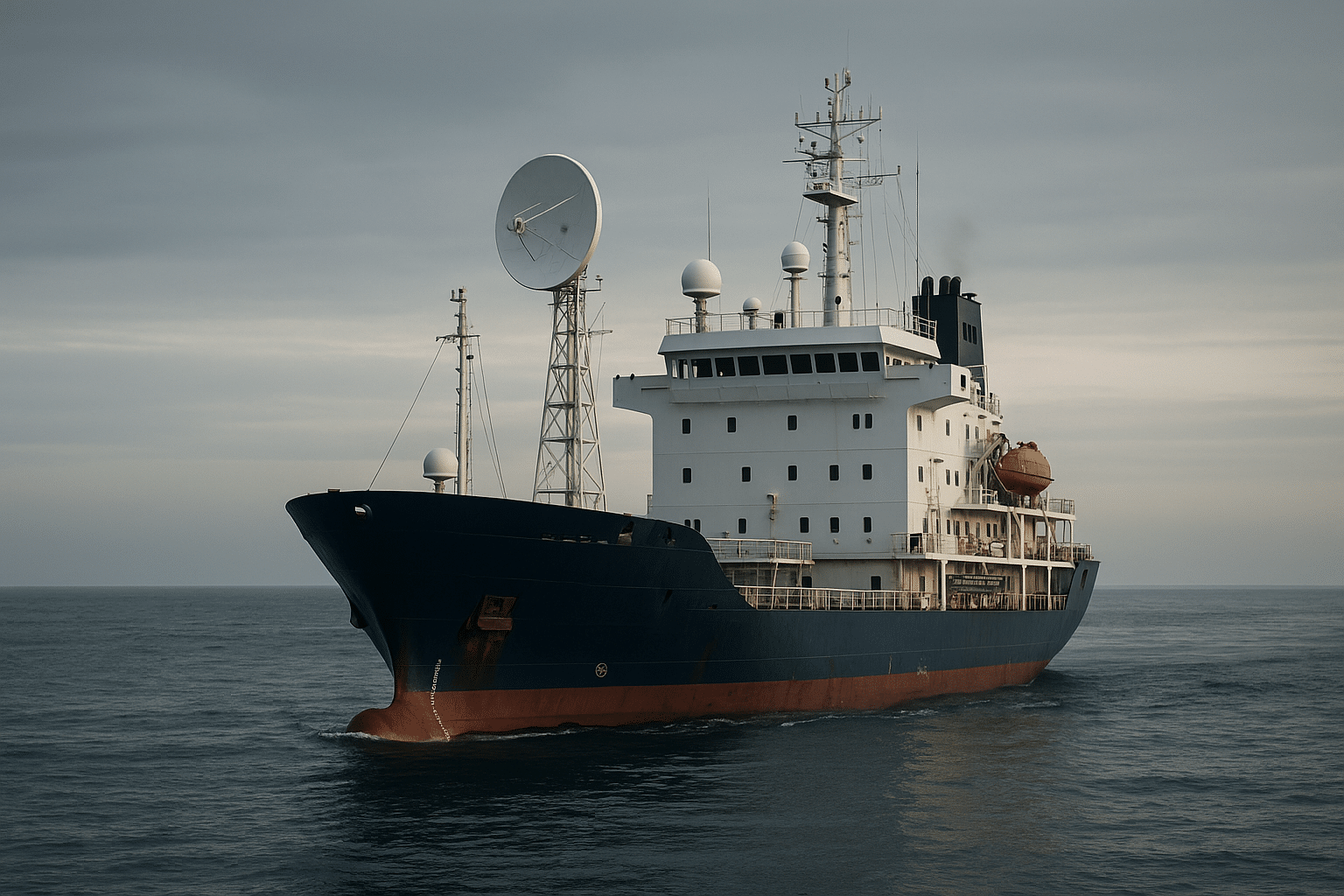
LoRa, NB-IoT, and Satellite Mesh are key technologies in maritime IoT, driving smarter vessel operations and improving marine environmental monitoring.

Logistics managers drive efficiency through managing inventory, transportation, and costs. Discover the skills and career paths in this dynamic field.
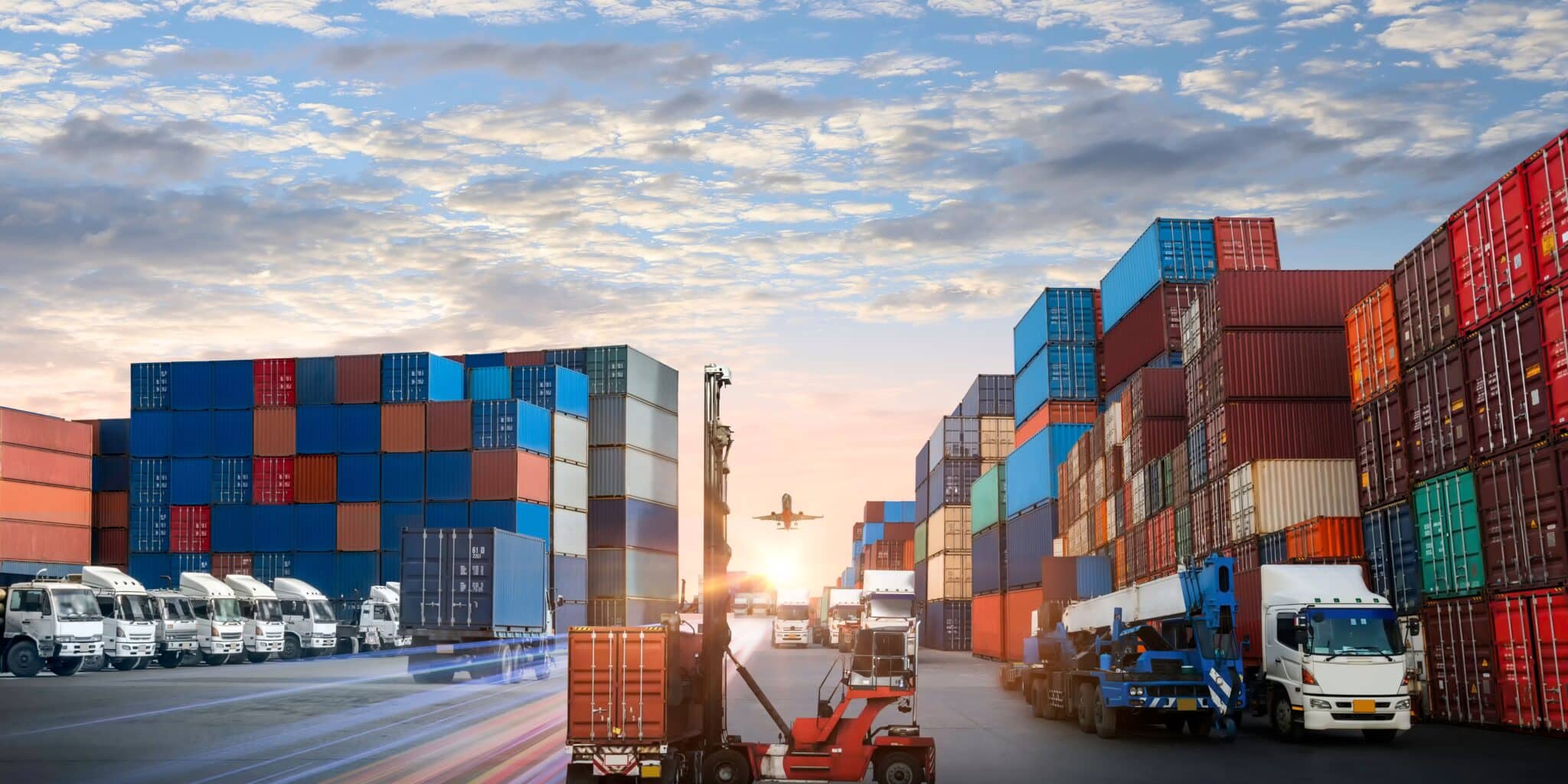
Intermodal vs. multimodal transport: Learn how each method impacts cost, efficiency, and flexibility in global shipping.

Discover how Incoterms define costs, responsibilities, and risks in global shipping. Learn their impact on logistics, compliance, and trade efficiency.
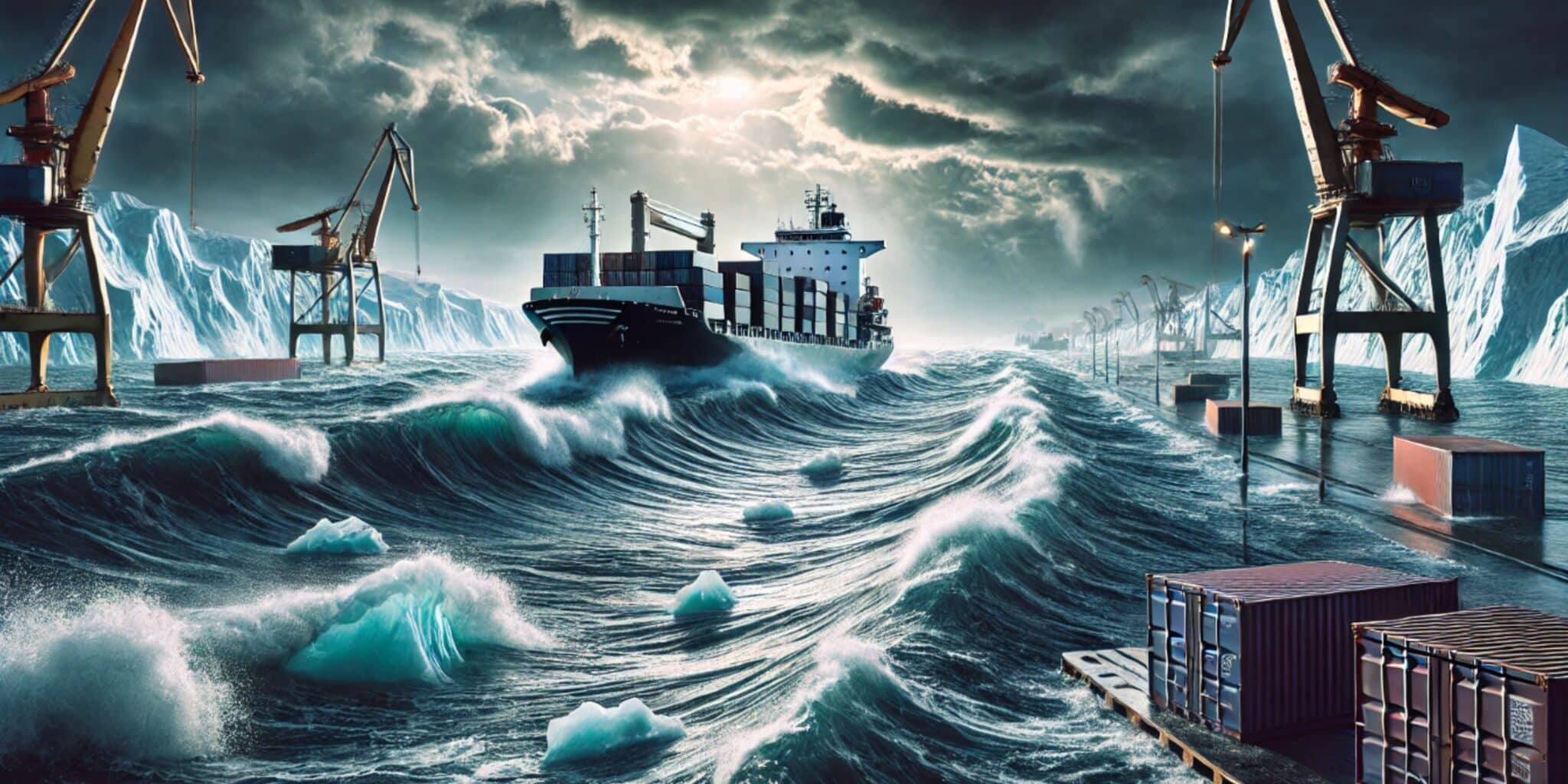
Rising sea levels, extreme weather, and shifting currents are challenging the shipping industry. Explore how maritime operations are adapting to climate change.
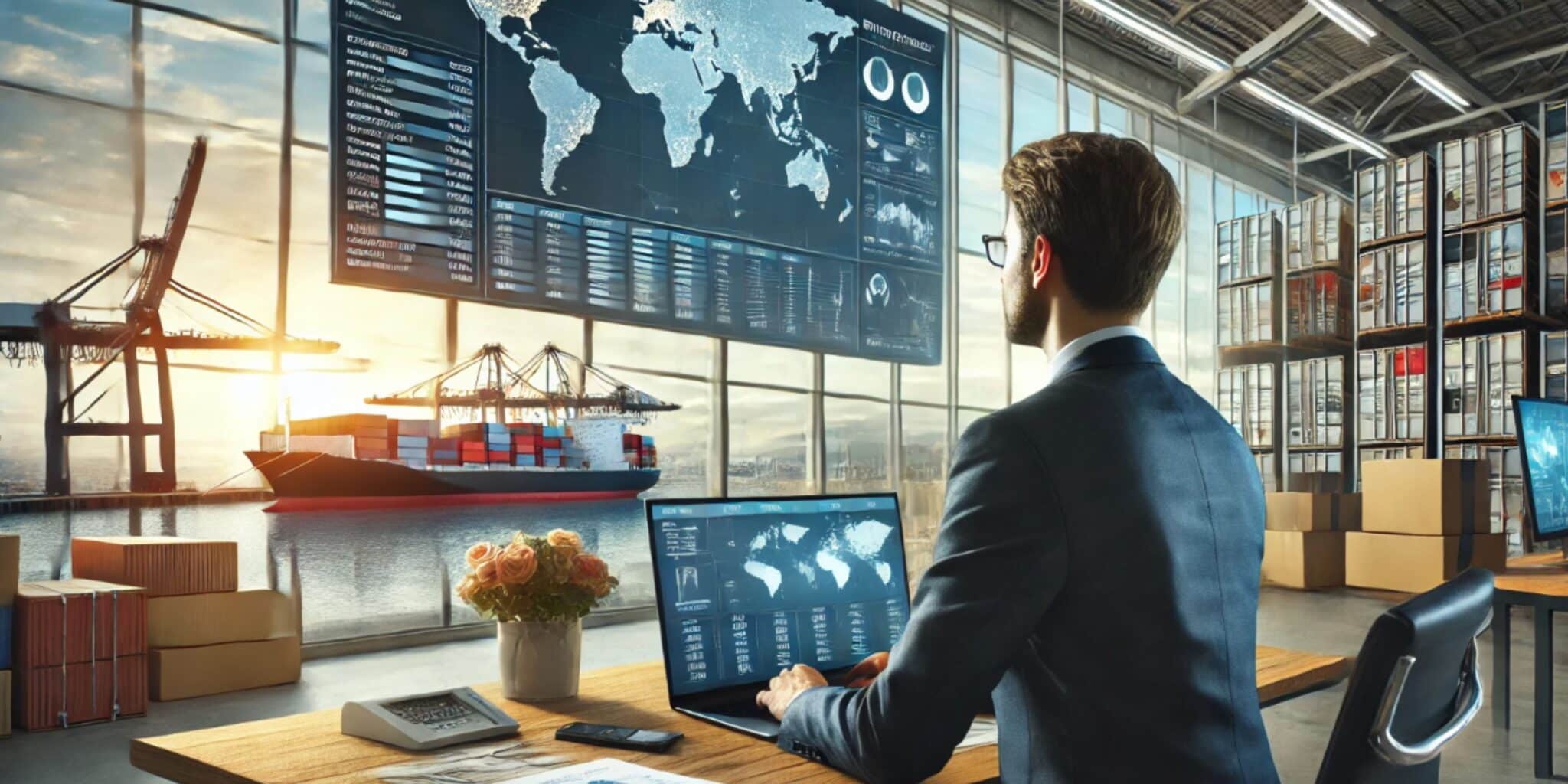
Discover the key duties of an Import/Export Coordinator and how they manage global shipments, logistics, and trade compliance for smooth international operations.
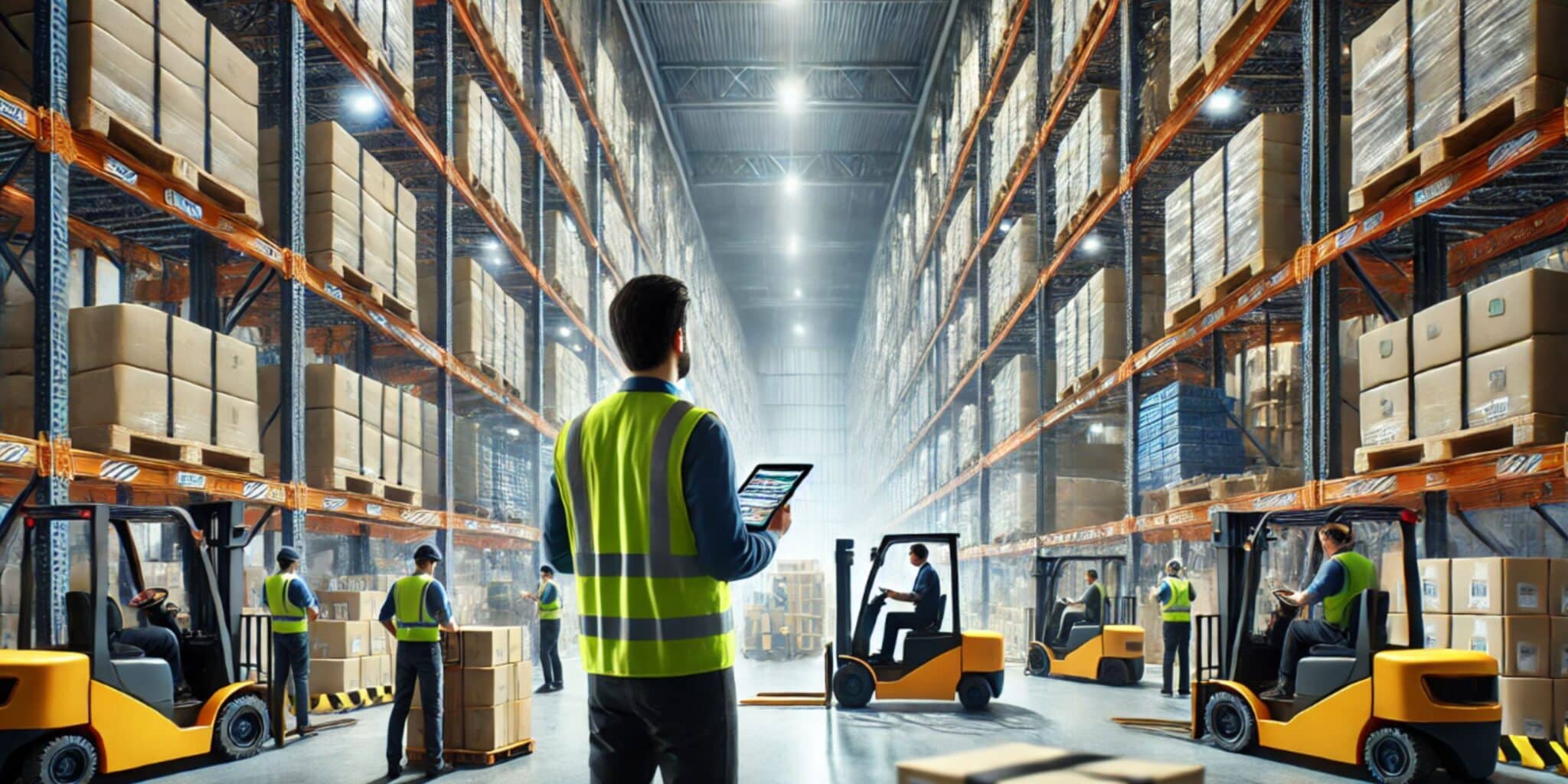
Find out what skills and qualifications are required to become an effective warehouse manager in the modern logistics world.

Explore key technologies and solutions to overcome common supply chain challenges and achieve seamless integration and real-time data access.

Enhance customer satisfaction with supply chain visibility. Discover how transparency builds trust and ensures reliable, efficient deliveries.

Discover green shipping practices that reduce emissions and promote sustainability in the maritime industry for a cleaner, eco-friendly future.

Unlock the power of supply chain visibility with real-time tracking, predictive analytics, and digital tools to optimize operations and drive business growth.

Optimize your maritime logistics with proven strategies for securing shipping capacity and ensuring timely deliveries. Learn how to boost efficiency, reduce costs, and enhance customer satisfaction.

Discover how dockers’ strikes create a chain reaction of disruption in global trade, affecting supply chains and economies worldwide.

Explore the key factors driving global port congestion in 2024-2025 and discover actionable strategies. Get real-time updates on delays and learn how ETA calculators can optimize supply chain efficiency.

Discover how port congestion tracker tools can help streamline supply chains by providing real-time data on delays, optimizing logistics, and improving delivery times. Learn about the benefits of tracking port congestion for more efficient operations.

Explore the economics behind real-time data and its role in enhancing business efficiency and growth through immediate insights and strategic benefits.

Learn how real-time data boosts supply chain efficiency, reduces costs, and improves customer satisfaction with practical examples and insights.

Explore how real-time port data influences global trade, comparing regional differences in usage, economic impact, and efficiency across key markets.

Discover how the 2024 IMO regulations are transforming global shipping. Learn about compliance challenges, environmental benefits, and the future of maritime trade.

Explore the repercussions of Red Sea attacks on global shipping lanes, from disruptions to supply chains to strategies for safeguarding maritime trade routes.

Discover top maritime career opportunities in 2024. Explore essential education paths and thriving career prospects in the maritime industry.

Explore the repercussions of Red Sea attacks on global shipping lanes, from disruptions to supply chains to strategies for safeguarding maritime trade routes.
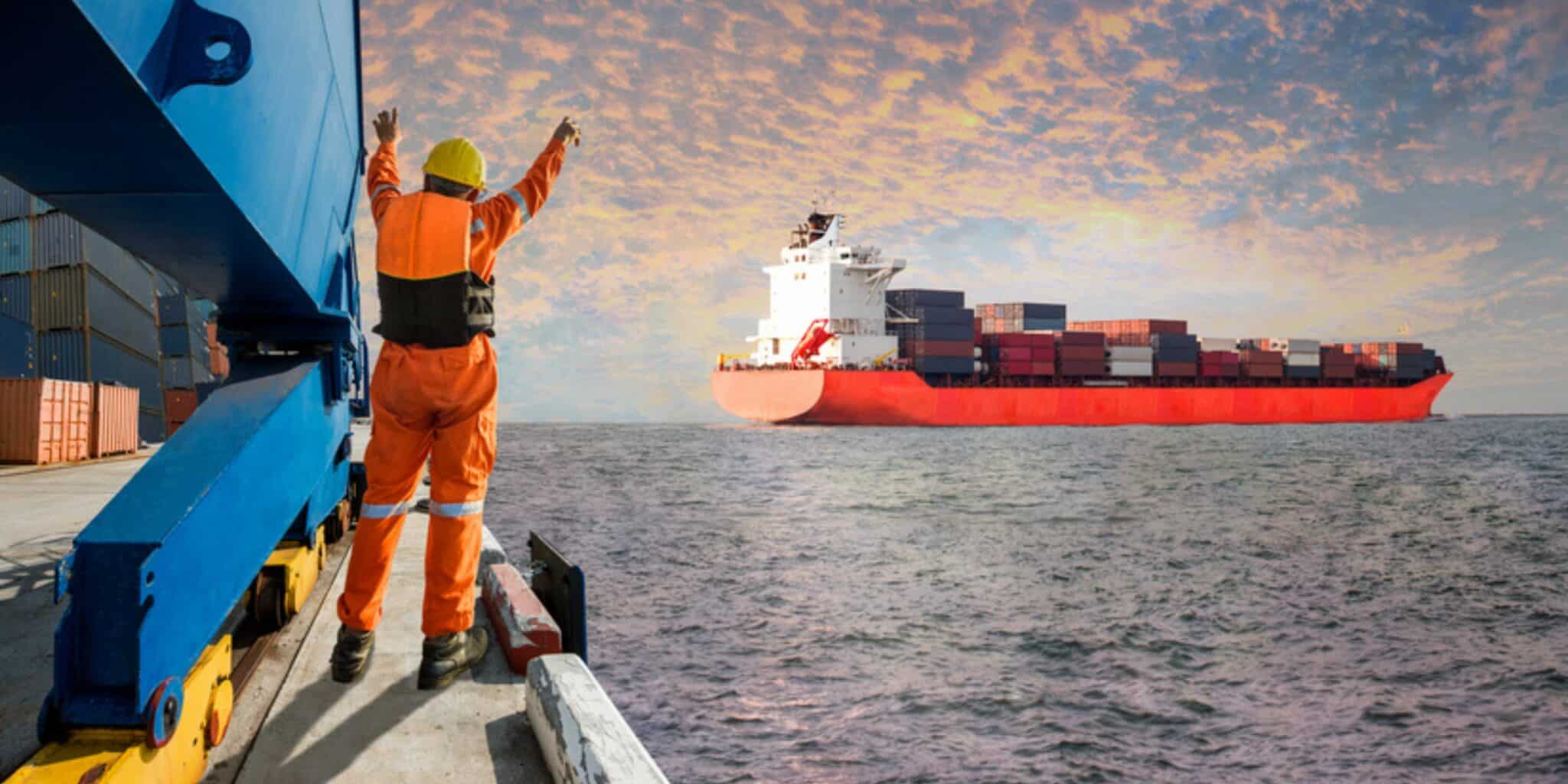
Explore the essence of maritime security, from safeguarding global trade routes to combating piracy and illegal fishing. Learn about key regulations, evolving technologies, and collaborative efforts.

Discover the pivotal significance of the Smart Freight Centre (SFC) in revolutionizing global logistics and freight transportation. From reducing carbon footprints to ensuring regulatory compliance.

Explore the GLEC Framework in-depth, its significance in global supply chains, and how it enhances sustainability practices. Learn how to implement GLEC for a greener future.

Explore the pivotal role of transshipment in shaping transit options and reliability in this insightful article. Gain valuable insights into how transshipment affects logistics, transportation, and supply chain management.
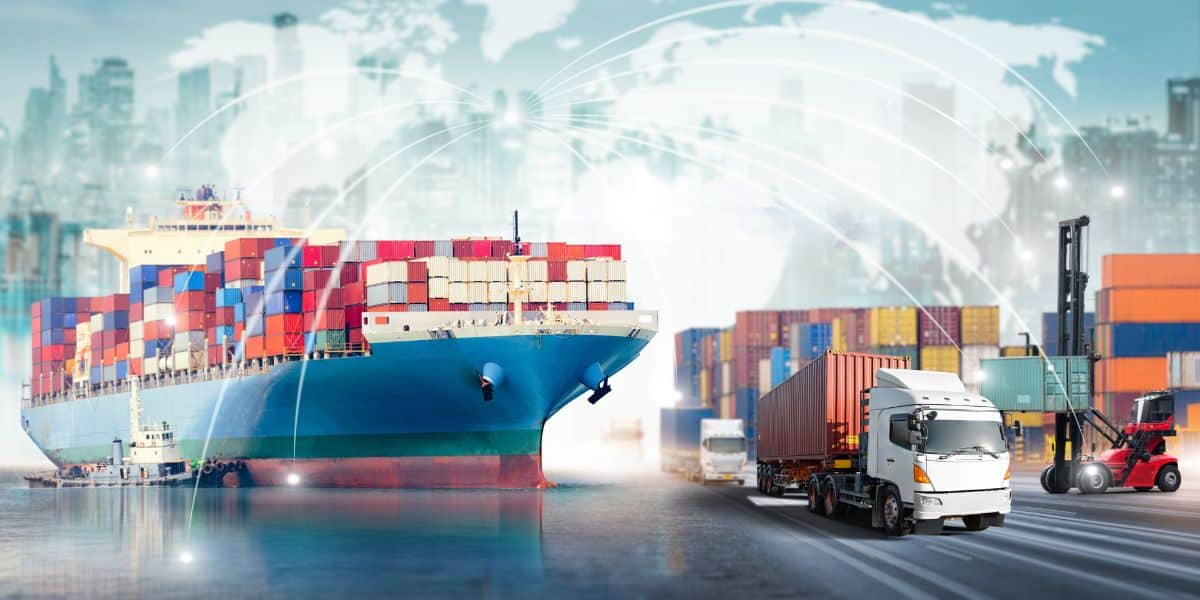
Discover the critical role of ship management in ensuring safe and efficient maritime operations. Explore the basics of ship management, its importance for shipping companies, crew welfare, and environmental sustainability.

Discover the advantages of choosing sea freight over air freight for your shipping needs. From cost savings to capacity considerations, explore why sea freight is a more cost-effective and efficient option for transporting goods internationally.

Discover how satellites and sensors revolutionize the maritime industry by providing invaluable data and real-time insights. Explore the critical role of these technologies in enhancing navigation, safety, and efficiency at sea.
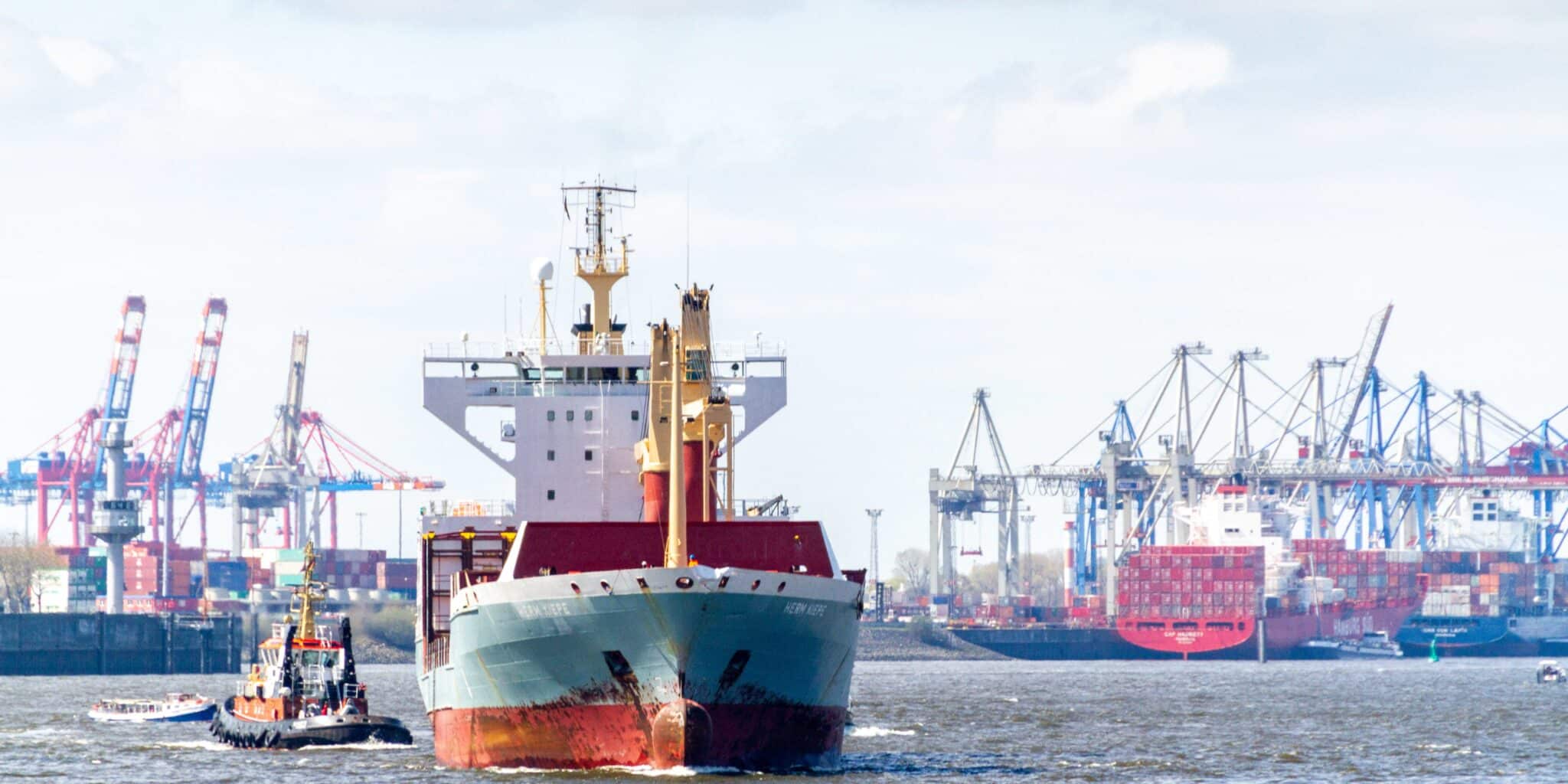
Explore the complexities of logistics, environmental concerns, regulatory compliance, and technological advancements impacting global trade. Gain valuable insights from industry experts and navigate the challenges for a prosperous maritime future.
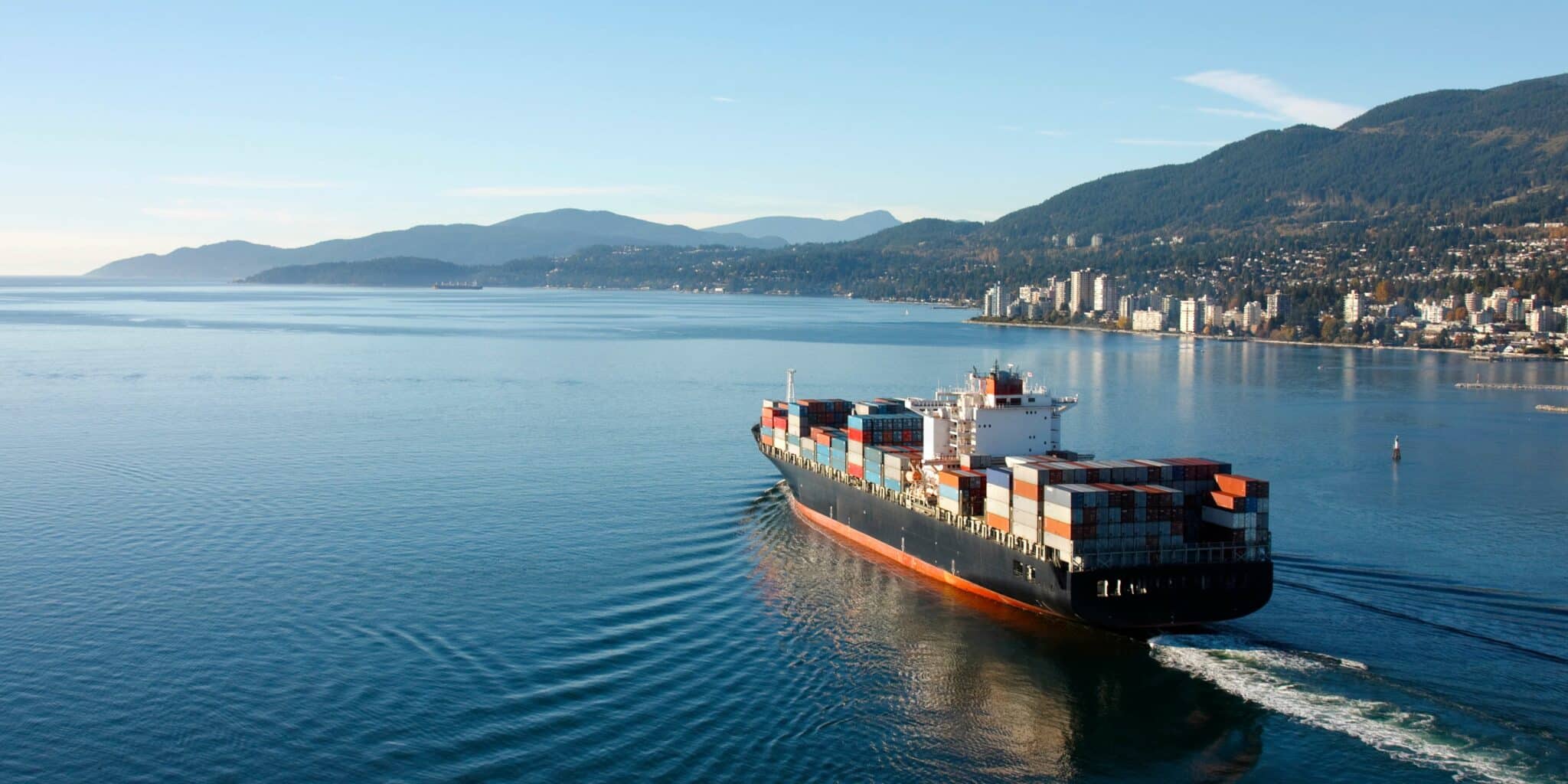
Discover the significance of decarbonization sustainability in mitigating climate change and achieving a sustainable future. Explore the principles, benefits, and strategies behind decarbonization, and learn how businesses and individuals can embrace this crucial concept for a greener tomorrow.

Discover how shippers can track the environmental, social, and economic impact of their shipments. Gain visibility and make informed decisions.

Discover the roadmap to achieving net-zero carbon emissions by 2050. decarbonize our economy and mitigate the impacts of climate change. Achieving net-zero by 2050.

Discover an overview of the key digital technologies being used to decarbonize the shipping industry and discusses their potential benefits and challenges.

From autonomous vessels and blockchain to big data and advanced sensors, stay ahead of the curve with the latest developments and trends shaping the future of shipping.

With the shipping industry transporting 11 billion tons of goods, it’s essential to address the ethical concerns that can arise. Discover the importance of ethics in the shipping industry.

Explore the impact of shipping on cetaceans. Learn about the dangers of collisions, noise pollution, and chemical contamination, and discover what can be done to protect them.

What ESG is and how it’s influencing shipping companies? Explore the environmental, social, and governance factors driving change and learn how companies are responding to meet new sustainability standards.

Global trade hit a record of approximately $32 trillion in 2022! Discover the major records, the biggest traffic, and all the news about traffic for 2023.

Learn how to comply with the International Maritime Organization’s (IMO) carbon intensity index (CII) regulation. 10 key points to verify to maintain a sustainable shipping business and reduce carbon emissions.

January 2023 will see a major change in shipping industry regulation with the implementation of the mandatory Energy Efficiency Existing Ship Index (EEXI) measurement.

Route planning is key for companies in the shipping industry as it helps them tackle major challenges: cost reduction, operation efficiency, carbon impact minimization, and customer satisfaction improvement.

Maritime activities have always been the cornerstone of global trade. All throughout history, the human population has been aware that one of the main elements of having a successful and prosperous economy was securing access to the sea and vessels.
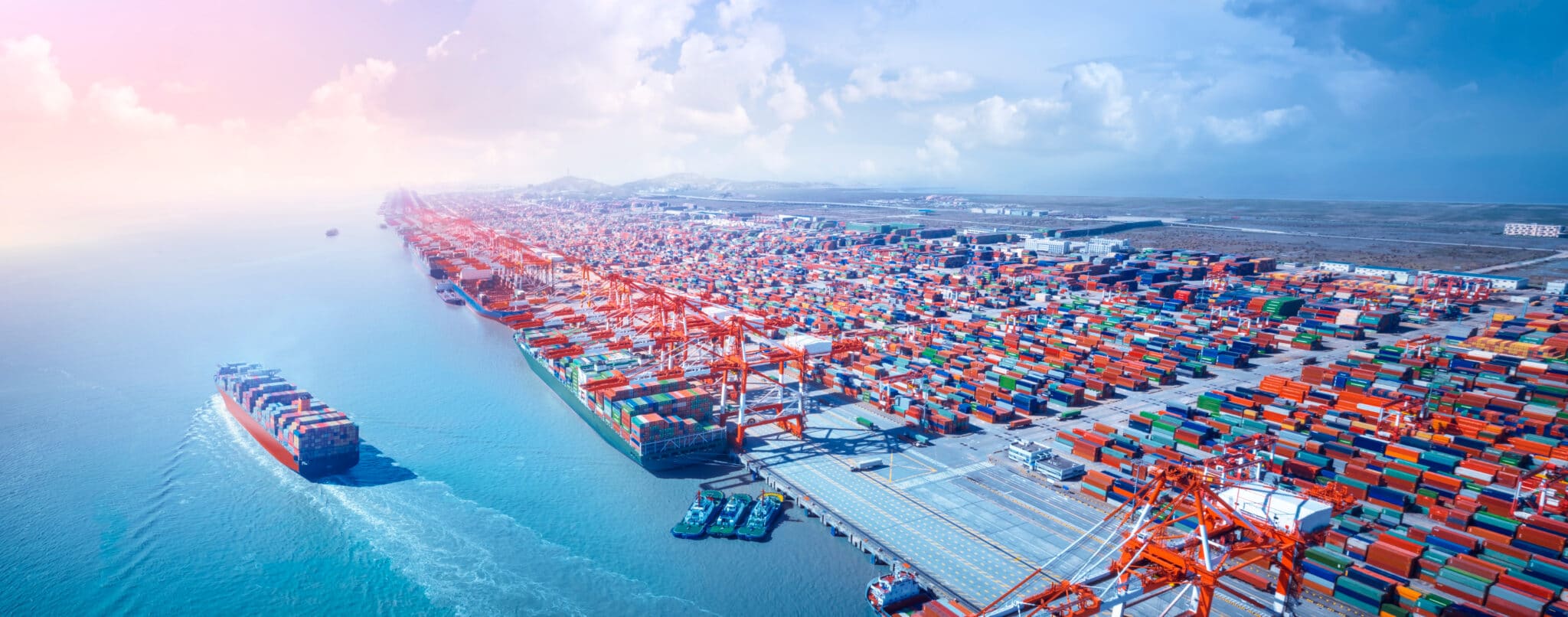
The sea transportation sector involves a large number of stakeholders, who have a huge environmental and economic impact. Specific regulations are therefore needed to coordinate a variety of activities, enhance efficiency and safety, and reduce the carbon footprint while adapting to the great new challenges.
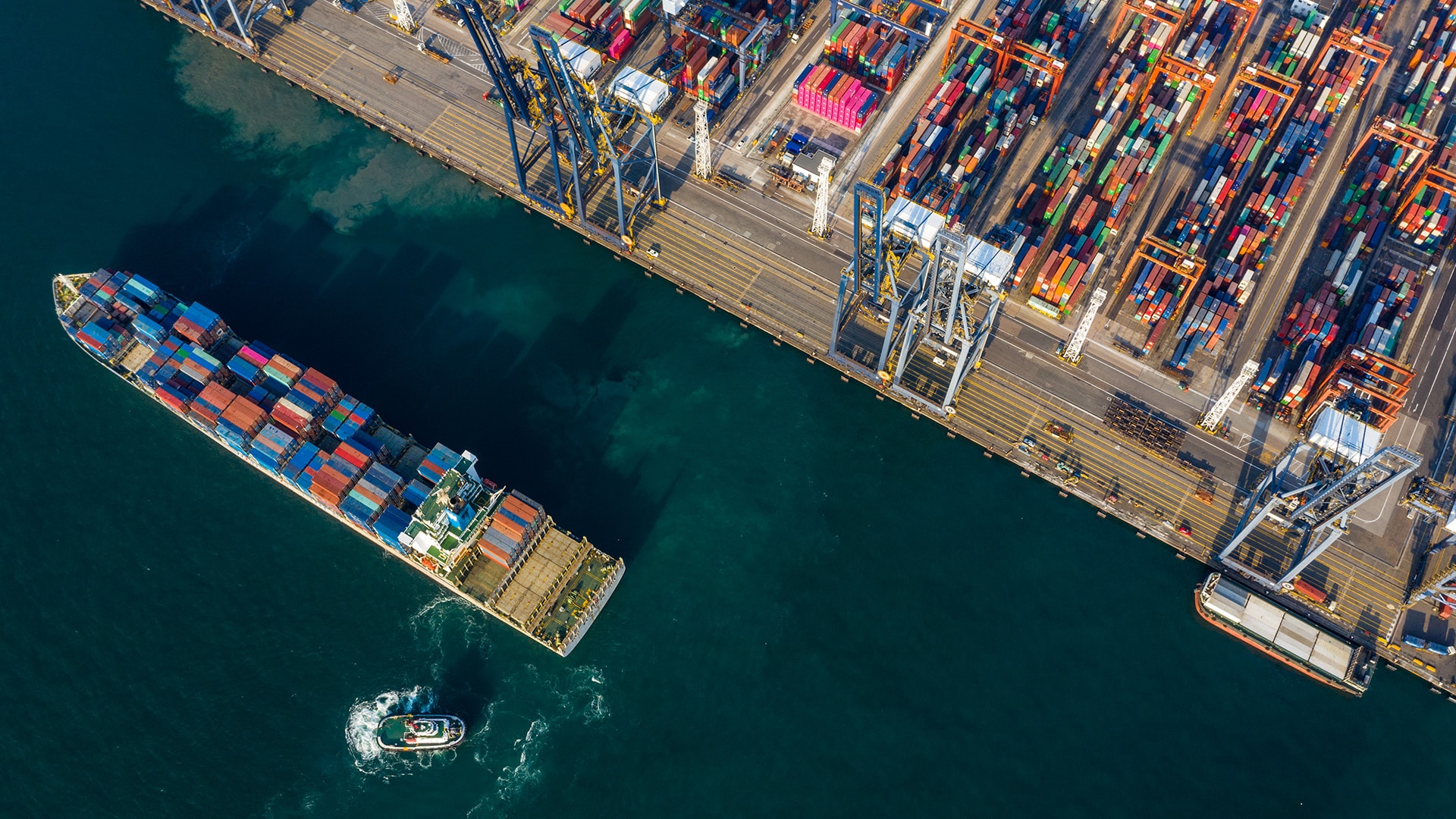
All countries import or export goods. 90% of these cargoes are carried by ships, making commercial ocean transportation a highly complex and global industry. The activity does not only concern shipping lines and agents.

Explore the world of maritime transportation and learn about the 7 different types of cargo ships, including bulk carriers, container ships, and more. Discover the unique features and functions of each ship type and the role they play in global trade.
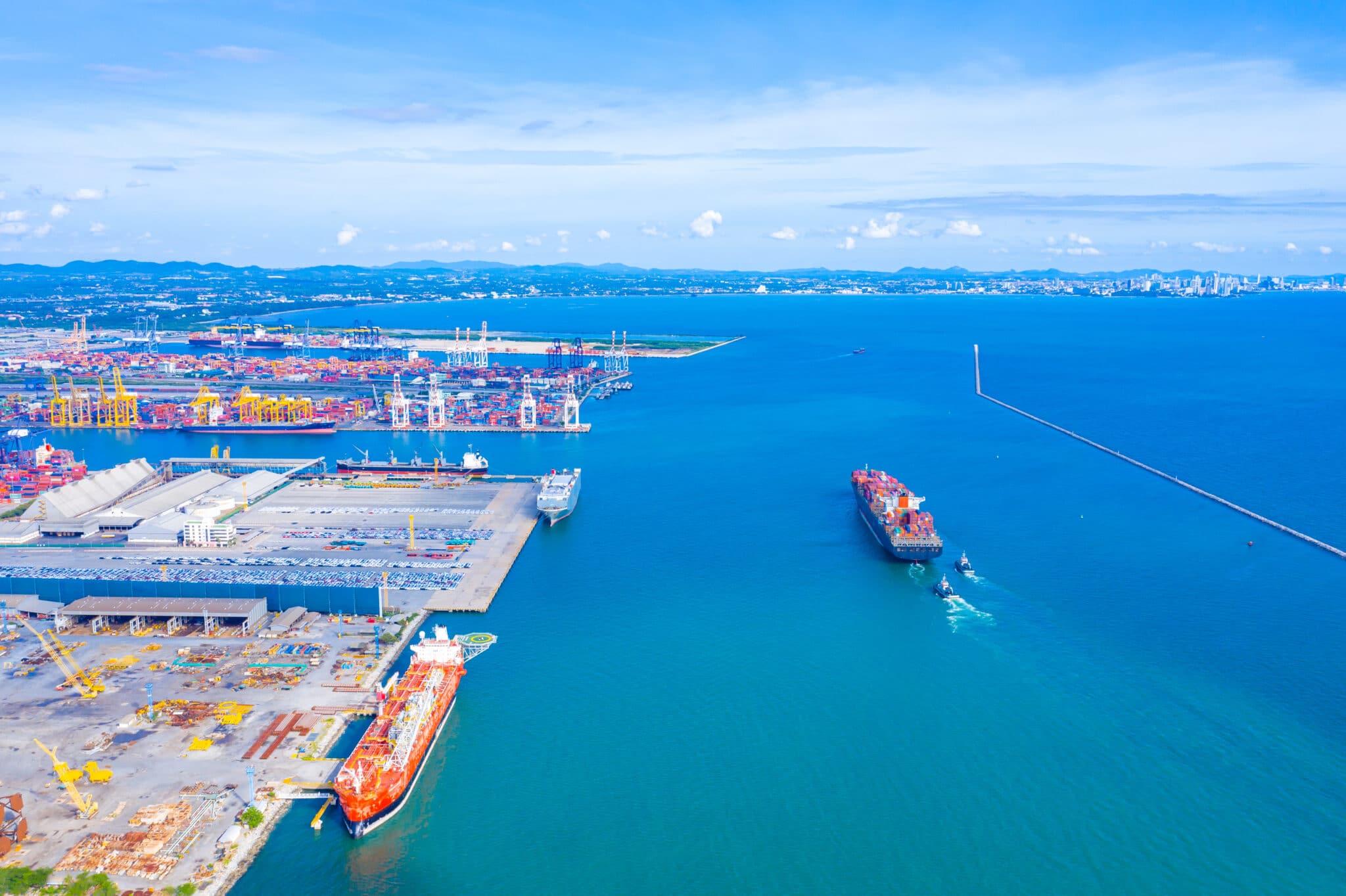
Complying with emerging regulations regarding environmental impact is one of the major challenges that the maritime industry has to face. In order to meet the new requirements, the shipping companies have already launched several initiatives.
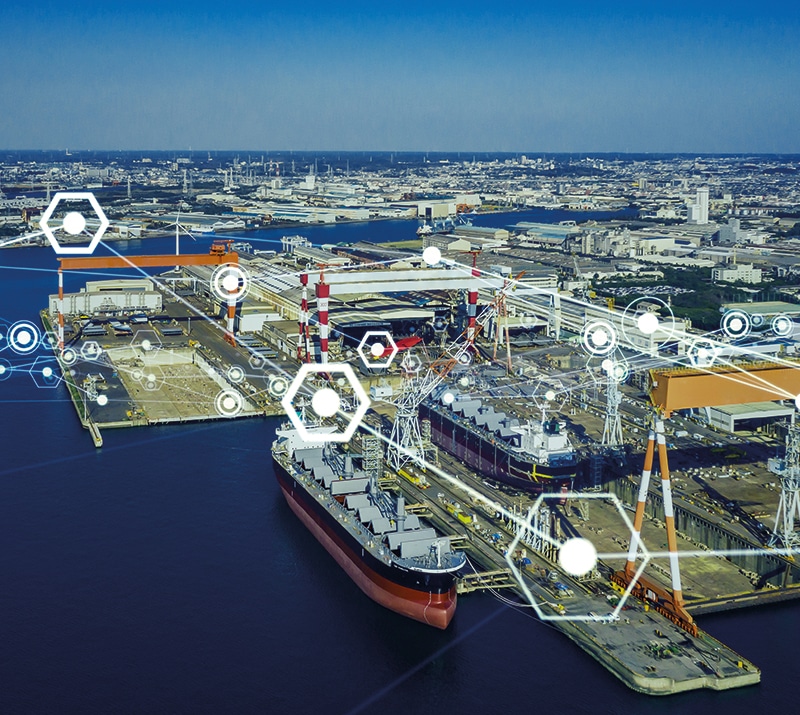
In the current era of the Internet and new technologies, the competitive environment and the customers’ behaviors and expectations have evolved. They require reliable, flexible, transparent and cost-efficient transport services.
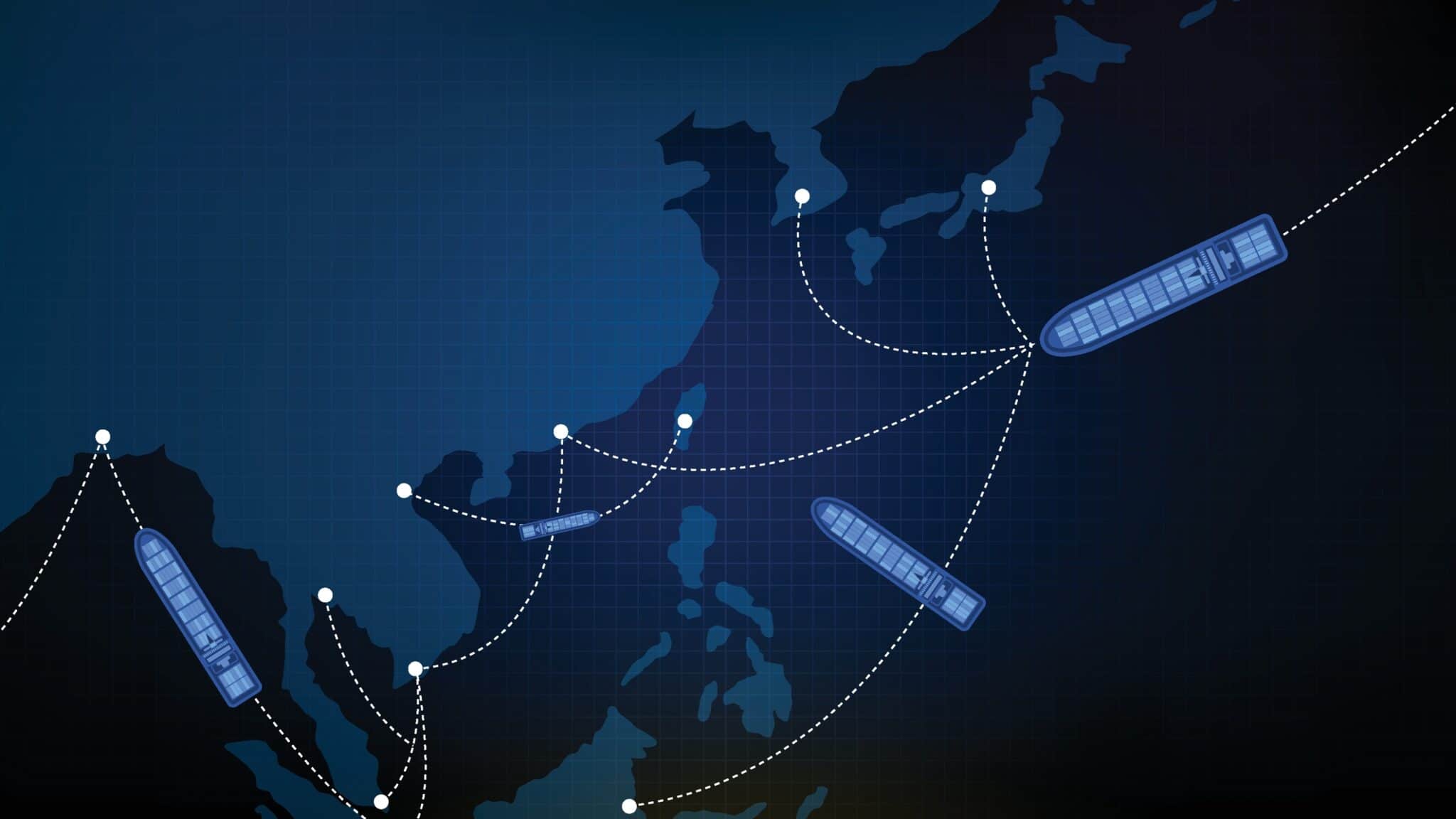
Shipping routes are the navigating lanes, both natural and man-made, in wide waterways (oceans, lakes…) used by large vessels to connect major ports and carry cargo. These routes allow efficient, safe, and economic transportation.
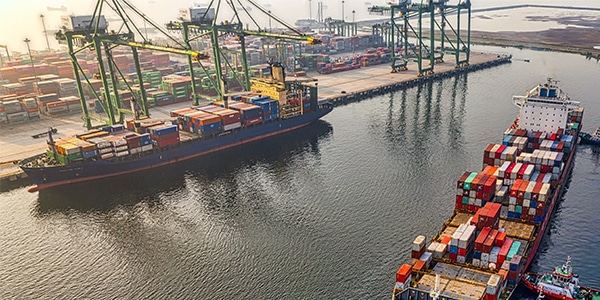
A SEEMP, or ship energy efficiency management plan, is a document that outlines how a ship can reduce its energy consumption and environmental impact. Ship energy efficiency plan is a critical part of reducing a ship’s environmental influence.

The shipping industry is under intense pressure to reduce the amount of greenhouse gas emissions and consumption of fossil fuels by cargo ships. To follow the greening trend, the IMO has implemented the EEEDI and SEEMP for all vessels.

Freight forwarders are key actors in the global supply chain. Being a fundamental intermediate between carriers and shippers, they interact with multiple parties from various sectors and manage a huge amount of data.

Despite the collective call to invest in alternative fuels as a means to reduce gas emissions, to this day, not enough shipping industry professionals are willing to rely on renewable energy or other sustainable options.
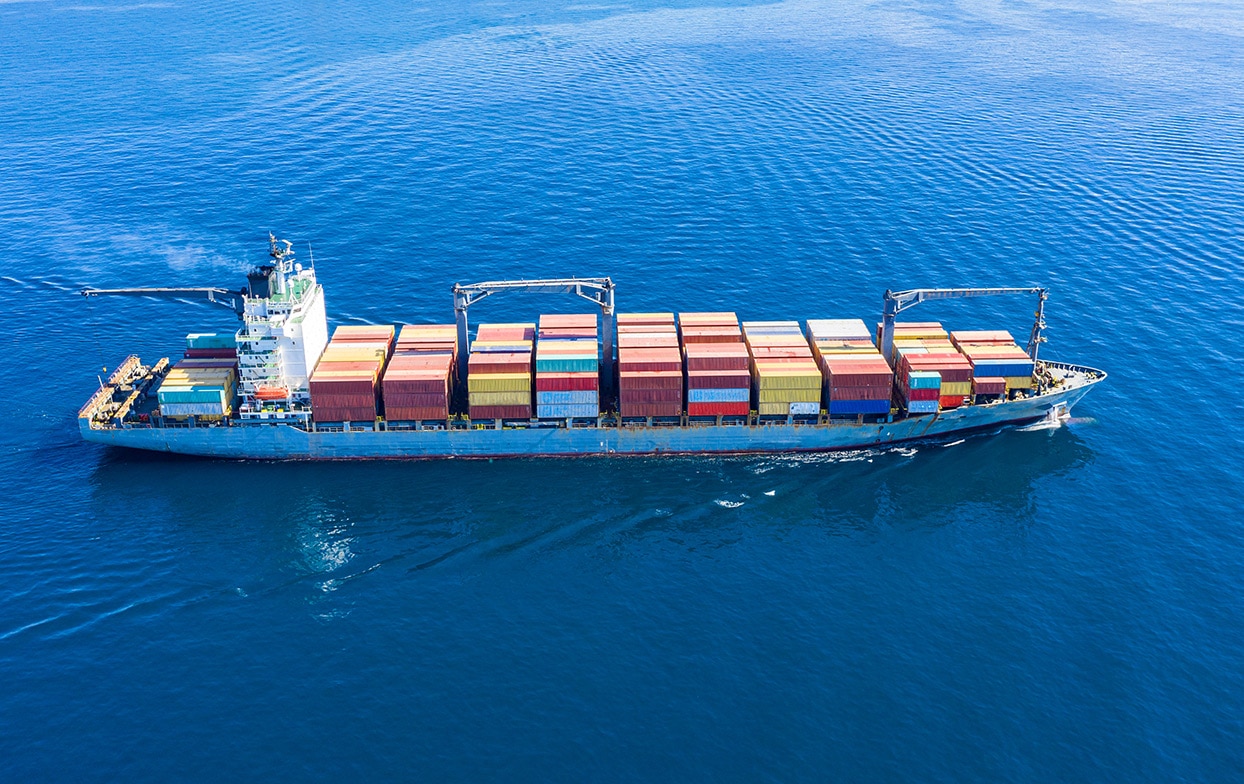
While a basic concept, there are a lot of factors that tie into good route optimization. In the old days, a company would simply find the shortest distance between two points on a map, and send truckers on their way.
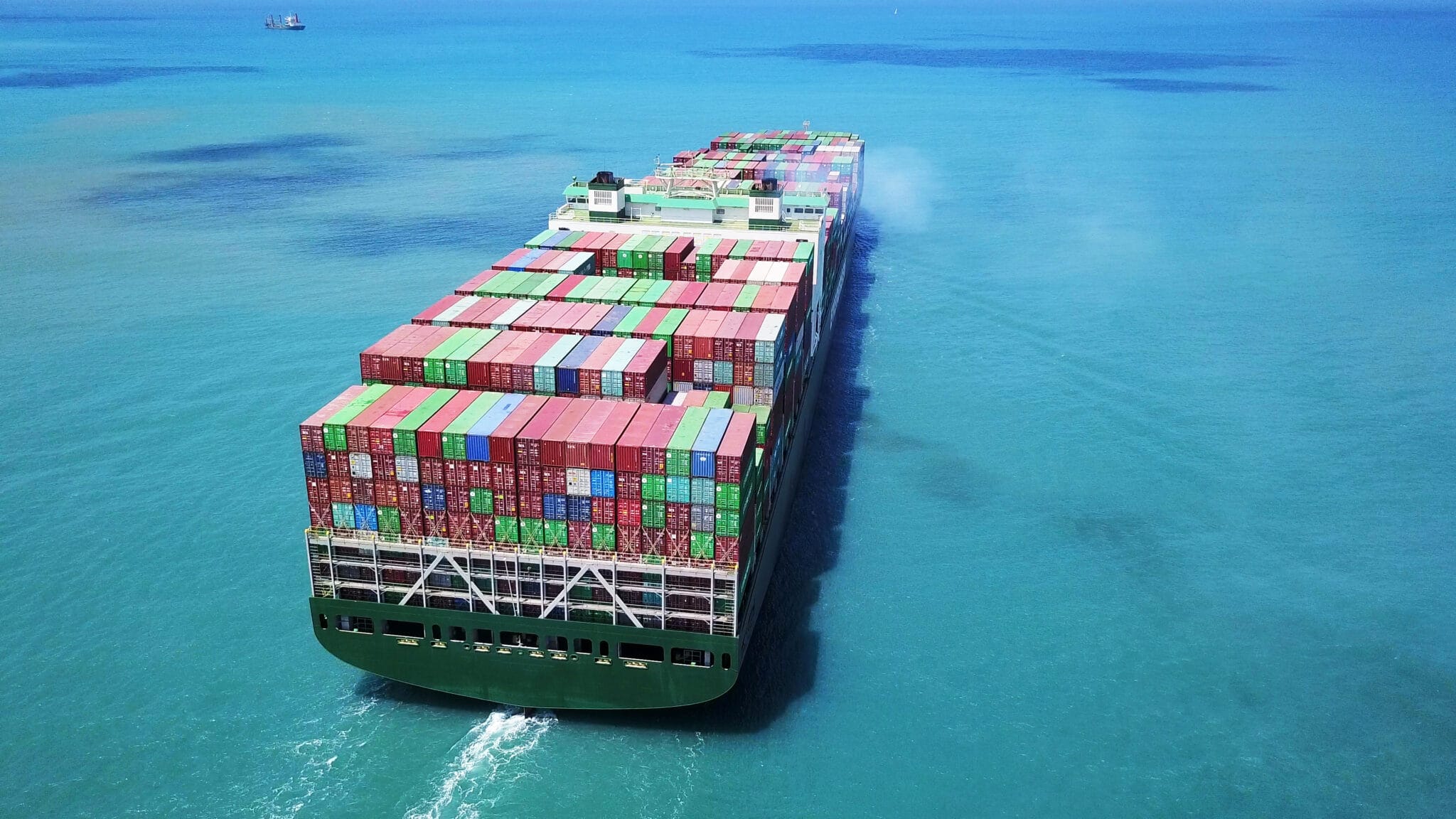
In this article, we’ll explore the top 10 largest global shipping companies as measured by TEU. The TEU is used as a unit of measurement that is used to determine cargo capacity and is derived from the dimensions of the standard 20-foot shipping container.
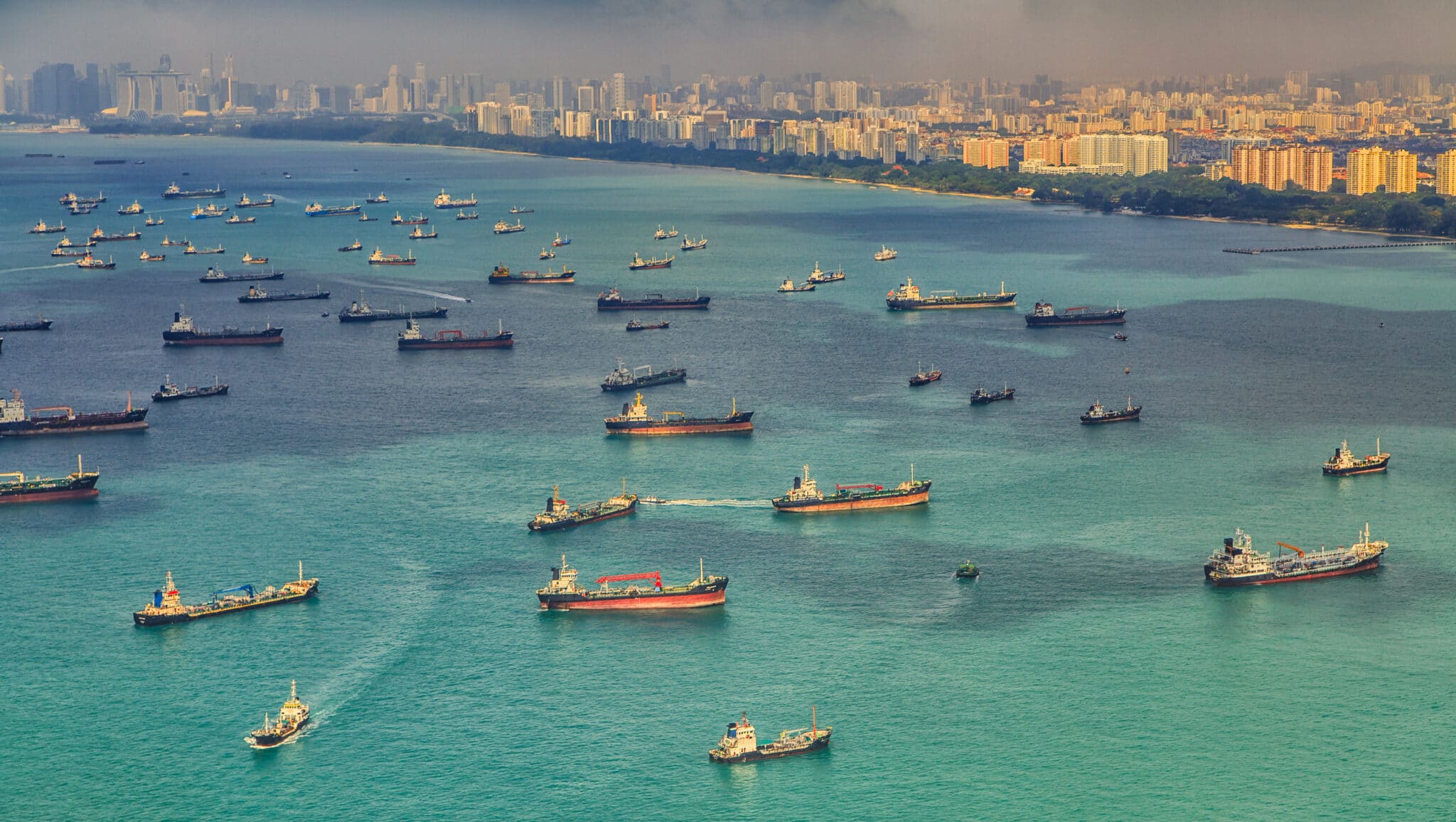
In 2021, port congestion has reached an unprecedented level, from China and other Asian countries to North America and Europe. As the new year starts, congestion seems to get worse, impacting reliability, available capacity, and costs.
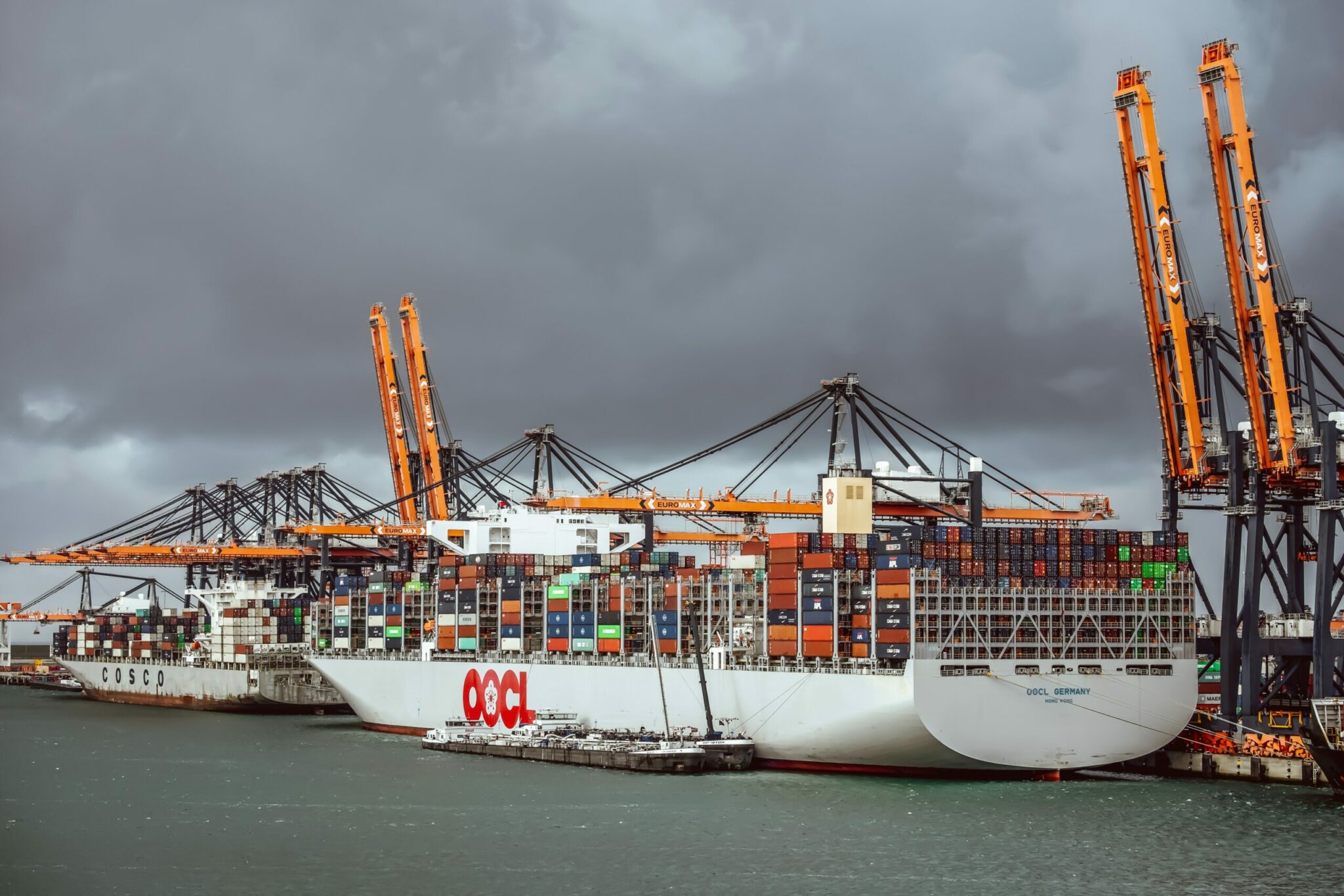
As global trade, the population, and demand continue to grow, port congestion (the wait time of a ship at anchorage to dock at berth) only worsens. The main cause of port congestion is a lack of digitization in the maritime industry.

It is essential to identify cybersecurity in today’s highly varied and diverse ecosystem, where digital media and data are progressively at the center of all activities. Due to this high level of dependence, the maritime shipping business is an attractive target for cybercriminals.
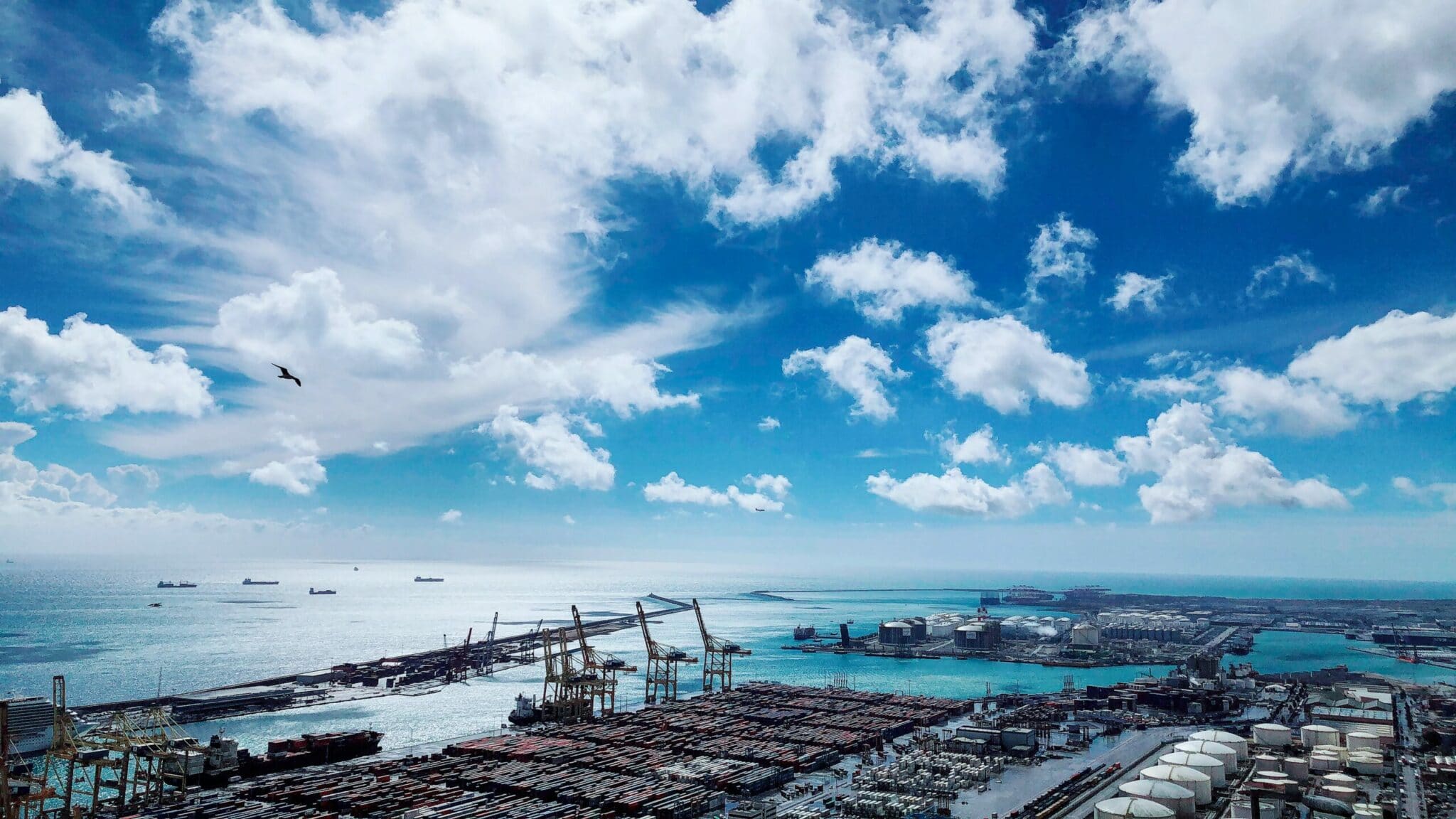
Smart Ports, ports that encompass digitalization and a deep concern for their stakeholders, are changing the future of the maritime and shipping sector. Business activities are constantly changing, and smart technologies, such as artificial intelligence, IoT, big data, blockchain, and 5G, are driving port innovation.
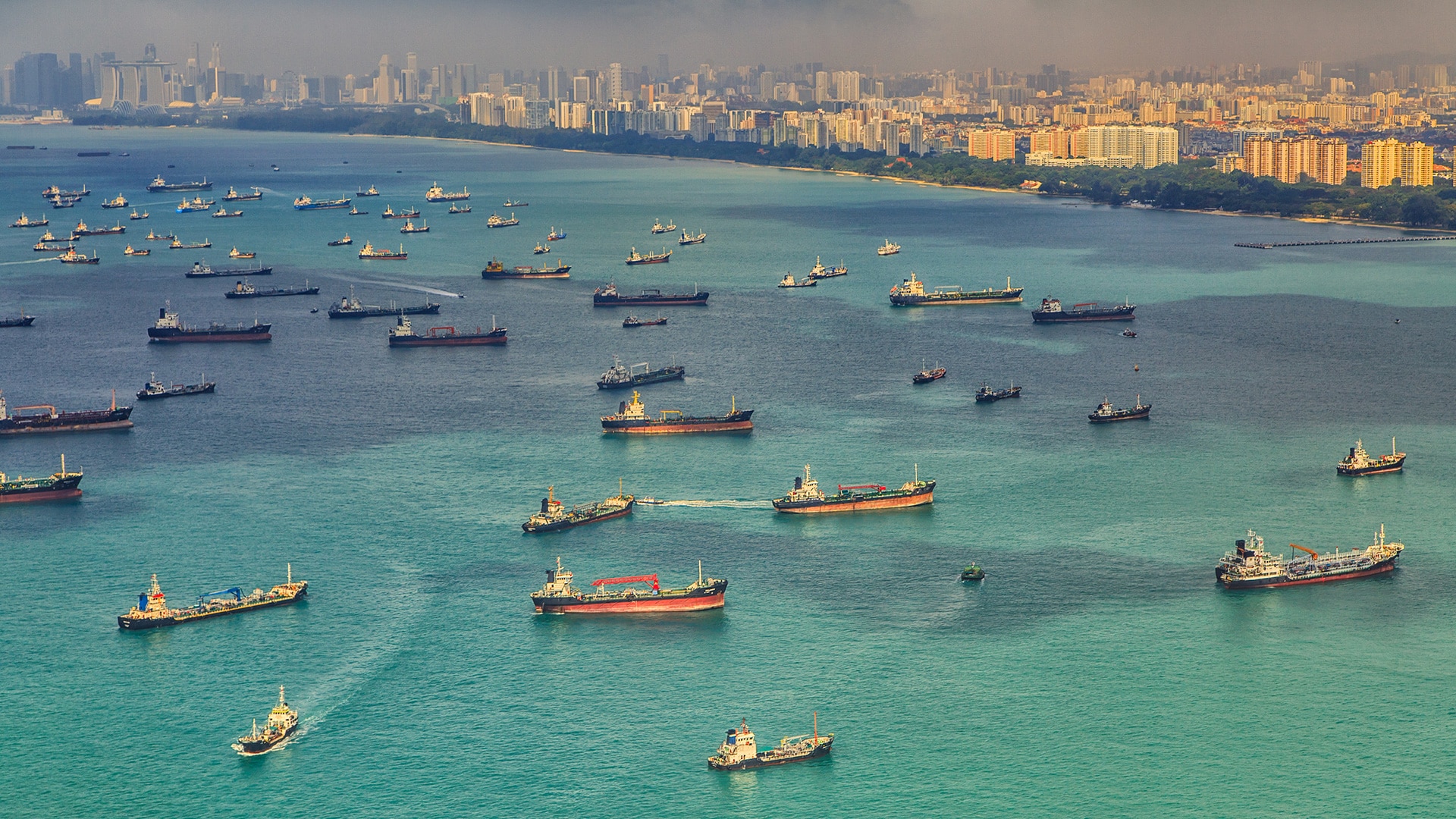
“A port can only be as efficient as the people who work in it.” – 2020 was a roller coaster year for some of the biggest world economies with the Covid-19 pandemic spreading in a sequenced manner across regions almost halting the sea trade; making

Now that we know that the shipping and logistics industry generates a ton of data, we’re well ready to understand what big data is, and fully grasp its importance for the industry that is driving global trade.
Shipping is an essential aspect of any business that involves physical products. Here are a few reasons why you should care about shipping:
Customer satisfaction: Shipping can directly impact your customers’ satisfaction with your business.
Reputation: Consistently delivering products on time and in good condition can help build a positive reputation for your business.
Sales and profitability: By optimizing your shipping practices, you can reduce costs and improve profitability.
Competition: In today’s highly competitive market, shipping can be a key differentiator. Offering fast and reliable shipping options can help you stand out from your competitors and attract more customers.
By prioritizing your shipping practices and investing in reliable shipping solutions, you can improve customer satisfaction, build a positive reputation, and boost sales and profitability.
The shipping industry is constantly evolving, and there are several trends that are likely to shape its future:
Automation and digitalization: The use of automation and digital technologies is expected to improve efficiency and reduce costs.
Sustainable shipping: Environmental concerns are becoming increasingly important. This includes the use of cleaner fuels, more efficient vessels, and reducing emissions.
Globalization: The shipping industry plays a key role in global trade, and as economies around the world continue to grow and develop, the demand for shipping services is likely to increase.
Regulation: There is an increasing focus on regulating the shipping industry to ensure safety, security, and environmental protection.
Overall, the future of the shipping industry is likely to be shaped by a combination of technological innovation, sustainability concerns, changing consumer behaviors, and regulatory pressures.